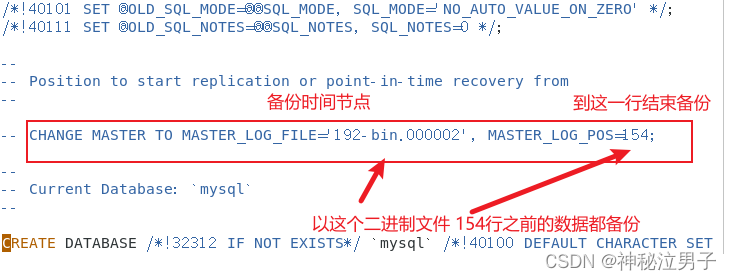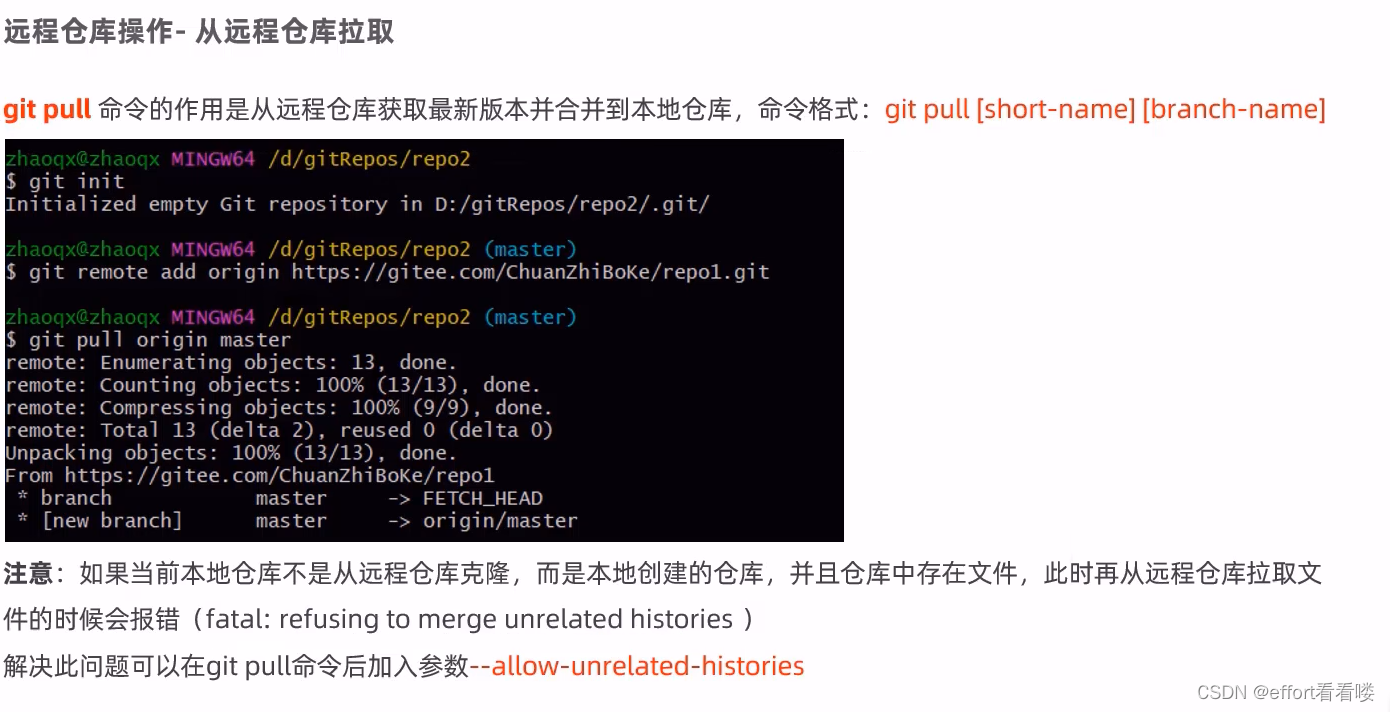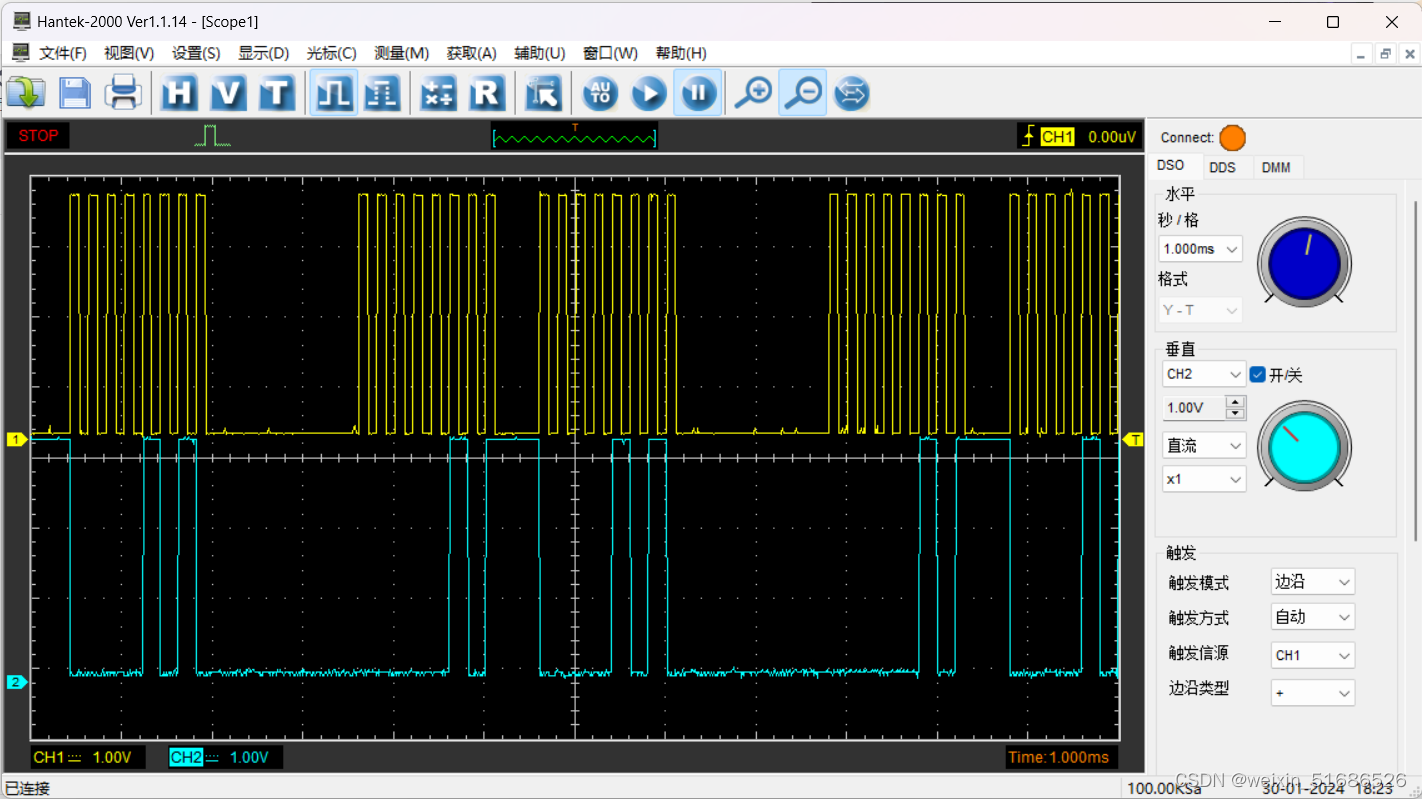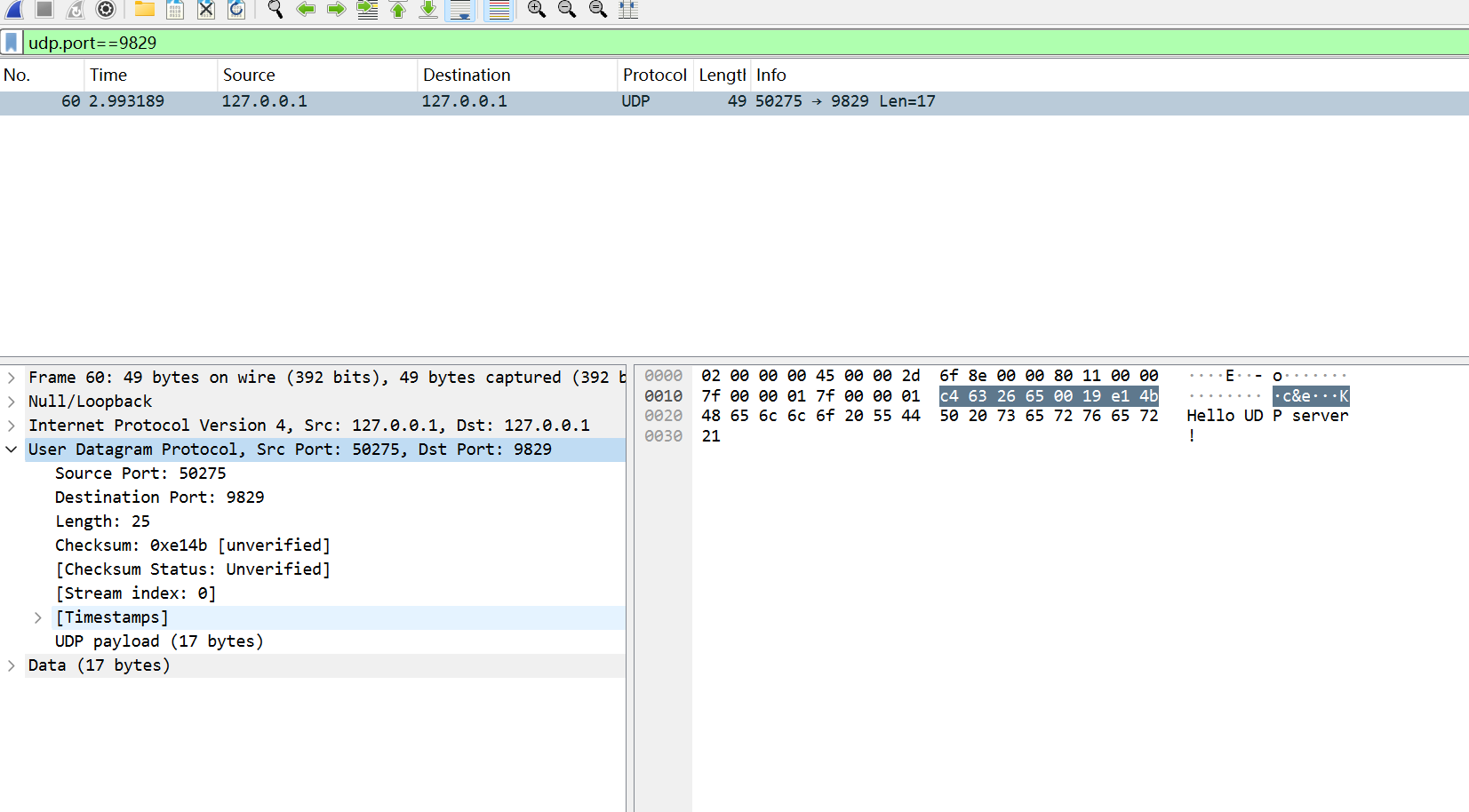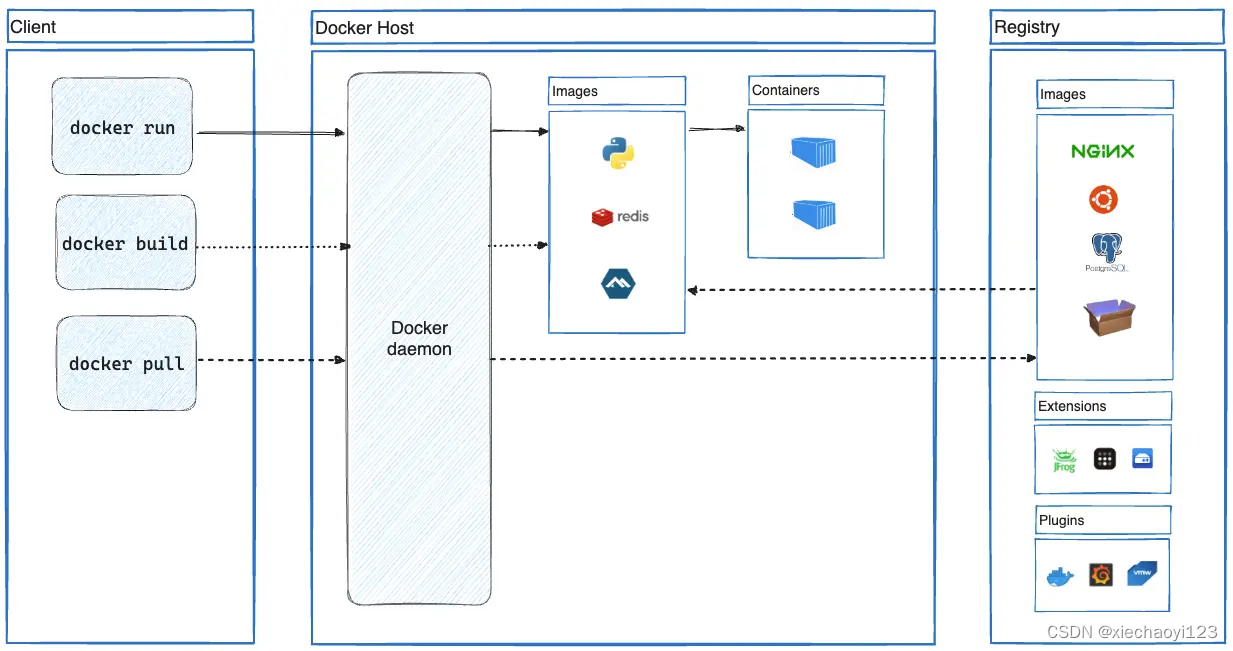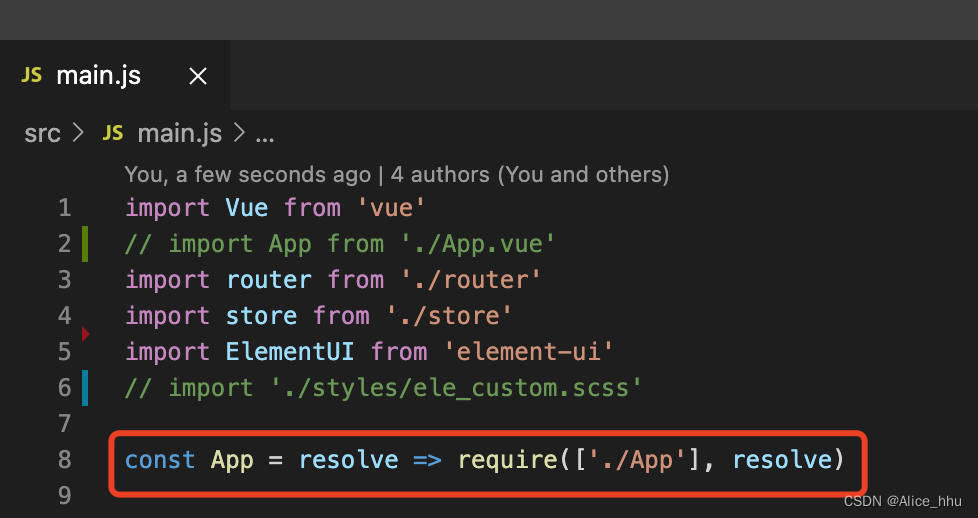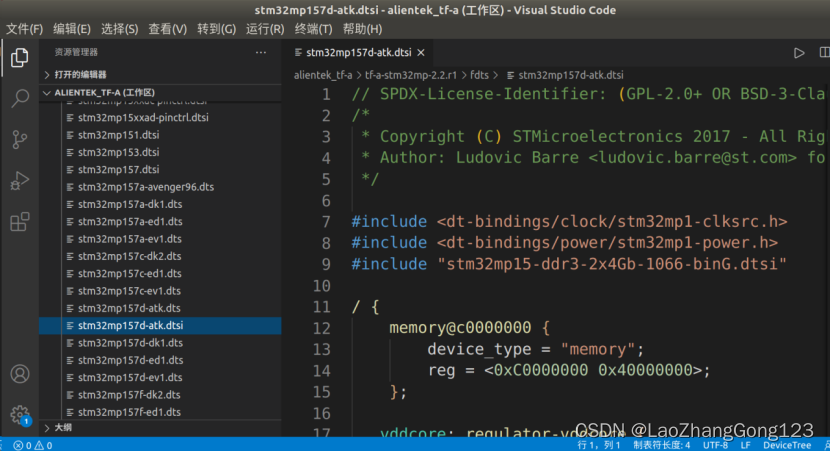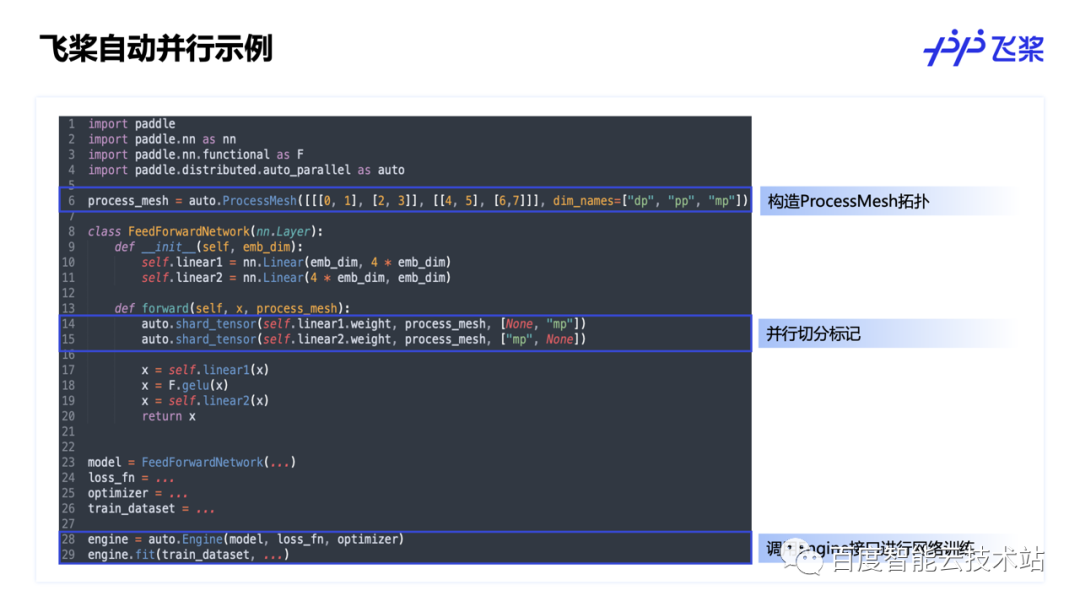给定 n
堆石子,两位玩家轮流操作,每次操作可以取走其中的一堆石子,然后放入两堆规模更小的石子(新堆规模可以为 0
,且两个新堆的石子总数可以大于取走的那堆石子数),最后无法进行操作的人视为失败。
问如果两人都采用最优策略,先手是否必胜。
输入格式
第一行包含整数 n
。
第二行包含 n
个整数,其中第 i
个整数表示第 i
堆石子的数量 ai
。
输出格式
如果先手方必胜,则输出 Yes。
否则,输出 No。
数据范围
1≤n,ai≤100
输入样例:
2
2 3
输出样例:
Yes
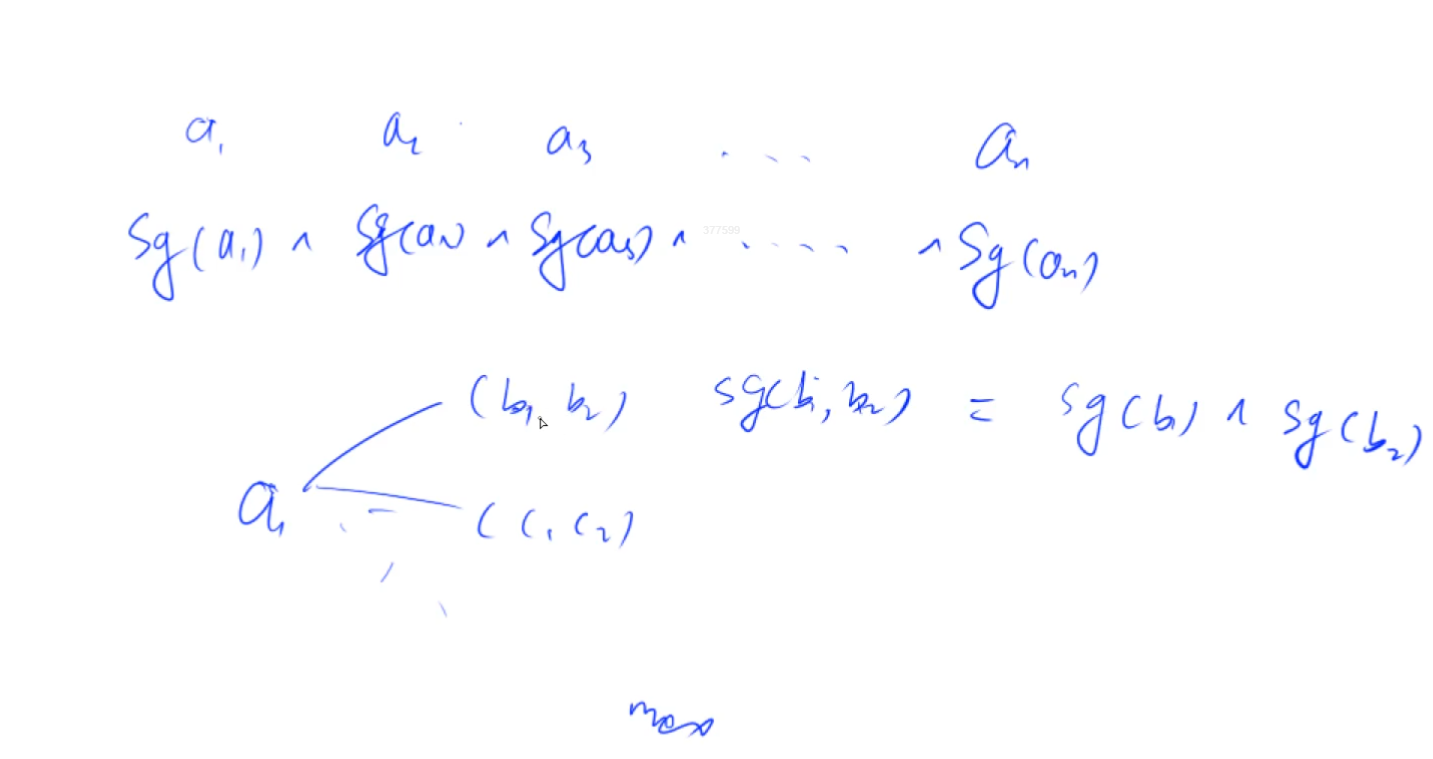
#include <iostream>
#include <algorithm>
#include <cstring>
#include <unordered_set>
using namespace std;
const int N = 110;
int n;
int f[N];//存i个状态的sg值
int sg(int x)
{
if(f[x] != -1) return f[x];
unordered_set<int> S; //哈希表存储每个局面可以到的局面
//这个地方特别关键:在集合的Nim游戏中,我们可以明显的知道可以到的下一个状态是什么
//比如(x - s[i]),这道题里面需要遍历一下所有可能到达的状态,并且异或起来
for(int i = 0; i < x; i ++ )
for(int j = 0; j <= i; j ++) //用i和j表示分成的两个状态
S.insert(sg(i) ^ sg(j));
for(int i = 0; ; i ++ )
if(!S.count(i))
return f[x] = i;
}
int main ()
{
cin>>n;
memset(f, -1, sizeof f); // 记忆化搜索,因为sg值都是自然数,所以初始化成-1,代表没有求过
int res = 0;
while(n -- )
{
int x;
cin>>x;
res ^= sg(x);
}
if(res) puts("Yes");
else puts("No");
return 0;
}

